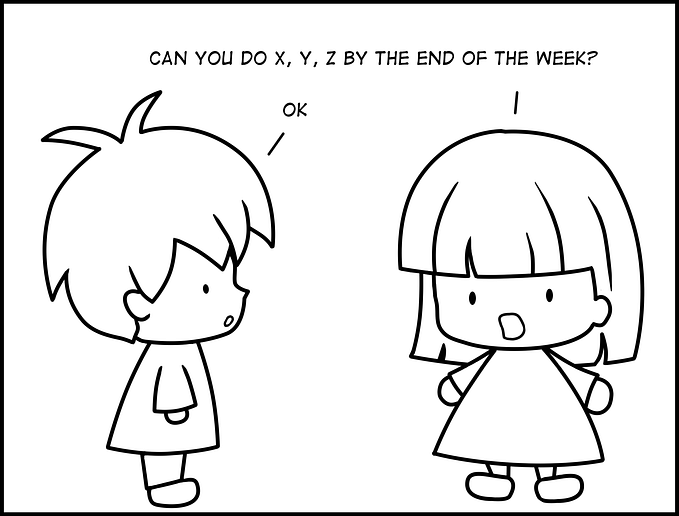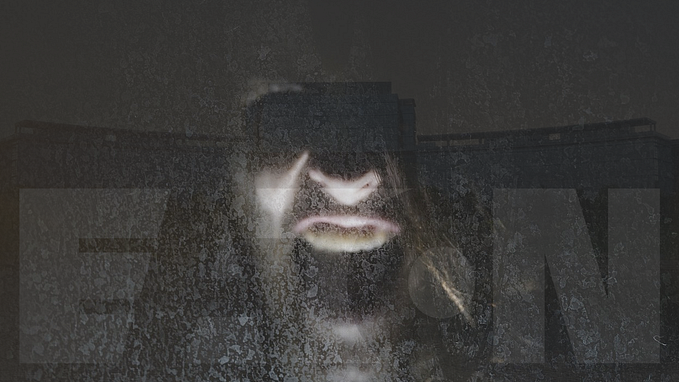The Great Debate: Espresso vs. Expresso
Which is correct: Espresso or expresso? Are they both correct or is one completely wrong? If one is completely wrong, which one is it? Expresso or Espresso?
You’ll hear the espresso vs expresso debate nearly every time you walk into a coffee shop. A customer orders a shot of expresso in his drink. The barista confirms that he’d like a shot of espresso in his drink, maybe with a smirk. The man agrees that he’d like expresso, perhaps enunciating the ‘X’ more clearly before paying and leaving to wait for his drink. Thus, the back and forth of expresso vs. espresso, the unspoken debate, concludes. For now. Until the next expresso fan walks in. Before you roll your eyes and conclude that the expresso fan is wrong, did you know that many sources say they’re just fine? That they’re using English correctly? According to Wiktionary, an online dictionary, expresso is an alternate spelling of espresso. Wiktionary isn’t the only dictionary to list expresso as an alternate spelling, either. In fact, many dictionaries have now deemed the word expresso as worthy, as just an alternate spelling. For example, if you look up expresso in Merriam Webster’s dictionary, it is listed simply as a variant of the word espresso. To some, the espresso vs expresso debate sounds a lot like the ask vs ax debate. The difference is that there was never an actual debate on ask vs ax — people who have a hard time with their ‘S’ end up converting it into an ‘X’ when they speak. Ax was never entered into the dictionary as an alternate spelling of ask, it was just a speech blunder, so clearly there’s more to the espresso debate. What might surprise you is that even some celebrities have jumped on board with the espresso vs expresso debate. Weild Al Yankovic make a hit video and song called “Word Crimes.” In this video, he makes his allegiance clear when he announces that “There’s no x in espresso.” Does that settle the debate? No, it does not. In 2014, a survey of British citizens concluded that 80% of people have trouble with the word espresso (among others) and mispronounce it as expresso. This article makes the Daily Mail’s stance on the debate fairly clear. If those 80% of people are mispronouncing espresso as expresso, we have another vote for espresso on our hands.
But what about proponents of expresso? For one, you have proponents of linguistic evolution, or the evolution of language. They argue that if you do not allow words like espresso to evolve into expresso, you halt the evolution of language. That would be, some might say, like eliminating grammatical contractions. For example, you would always be wrong if you said don’t, and you would only be correct if you said do not. It would also be similar to not allowing ‘thru’ as a shortened ‘through’ on freeway signs. Can you imagine the clutter with those four extra letters on the already-crowded signs? The linguistic evolution argument probably makes people like William Strunk Jr. and E. B. White, authors of the esteemed book “The Elements of Style” turn in their graves, however. Though the Stunk and White book states that linguistic evolution is mandatory, it is also heavily against changing words unnecessarily. There’s an entire section devoted to “Words and Expressions Commonly Misused” and, if the authors were alive today, espresso would probably be on the list. Or, rather, expresso would be, with a stern correction that it is pronounced and spelled ‘espresso.’ Other proponents of the use of expresso over espresso cite the French spelling. The French do, in fact, spell and pronounce the word with an ‘x’ instead of an ‘s.’ In Italian, however, the word is spelled and pronounced with an ‘s,’ not an ‘x.’ Proponents using the French argument will say that they’re pronouncing it correctly when they say expresso because they’re pronouncing the way the French do. However, espresso did originate in Italy at the hands of Luigi Bezzera of Milan. Some people in the ‘expresso’ group will even say that the use of expresso offers double meaning. You’re both drinking a shot of highly-caffinated coffee and basically saying you’re taking the fast way, or the ‘express way,’ if you will. The argument against this side of the debate is usually that, in Italian, espresso doesn’t just mean ‘pressed coffee,’ it also means ‘fast.’ So, if espresso already has the double meaning of ‘fast pressed coffee’ or ordering extra ‘fast’ in your coffee, does it need the variation? Whatever it’s foothold in the debate among coffee drinkers, expresso has certainly made its mark. A word doesn’t just get into the dictionary and onto the lips of 80% of British citizens without being significant. Expresso didn’t just pop up, it grew on us. Not all of us, clearly, but a large majority. It could be that using expresso over espresso makes some people feel clever. Who doesn’t want to be smart enough to slip in some word play before they’ve had their cup of Joe? Ordering expresso might feel fun, it might make the customer feel like they’re enjoying their own private joke, but does that make it right? For those of you thinking that this expresso thing is clearly a mark of the new generation. The generation of ‘lol,’ ‘jk,’ ‘idk,’ lmao’ and more, you’re wrong.
Expresso has been popping up for decades. In fact, expresso has been used in The New York Times since the 1960’s. However, with AP Style, the writing style most journalism uses, it is still correct to write espresso. If you look in the AP Style Book, the entry simply states that the word “is espresso, not expresso” before closing the entry. Short, simple and opinionated. In fact, if you look back to the 1869 book “Rome and Venice,” which predates espresso machines, the author George Augustus Sala states that you can order “caffe expresso.” That’s right, expresso, in the 1860’s. The use of the word has been around for longer than the drink as we know it. Expresso is more common in the modern era, though. An age where we can head to the internet to find fuel for our love of one word or another in linguistic evolution. An age where someone could, in theory, make an entire blog about the expresso vs espresso argument. Or the espresso vs expresso argument. The word order probably depends on which side you are on. Despite that baristas everywhere cringe when a customer saunters over and orders shots of expresso, the word is probably in the English language to stay. It doesn’t matter how many baristas and coffee snobs stand up to correct the expresso crowd. It doesn’t matter that the AP Style Book sternly states that expresso is incorrect. The word is here to stay. Some might argue that the use of an ‘X’ in espresso, or expresso, has always been here. The Italian word is indeed espresso, but where does the word espresso come from? Espresso’s etymology points to esprimere, which comes from the Latin word exprimere, meaning “squeeze out.” This is the same etymological root, mind you, as the word express. Express also originated from exprimere, referring to the act of pressing or pushing out, or speaking one’s mind. Espresso comes from exprimere. Express also grew from exprimere. People in the expresso crowd are, in fact, expressing an opinion every time they use the word. It all begins to tie together, to point to expresso actually being a word. It’s more than that, though. Not only is expresso actually a word, it is actually closer to the Latin roots than the Italian word espresso. The Italian word is a perversion, a deviation, from the use of ‘X’ in the spelling. No matter which side of the argument you agree with, the debate will continue raging on. A silent war between espresso fanatics and expresso fanatics. Baristas will cringe at the use of expresso. Linguists will cite the Italian word espresso. Other linguists will argue the evolution of language. With so many words already in the English language, and so many commonly-mispronounced words, is expresso that bad? It has Latin roots to back it up, along with the French language. Even if you accept that expresso isn’t that bad, though, there is one final thing to consider.
If you love espresso, if you can’t wake up without it, think about who invented it. Think about the early 20th century when Luigi Bezzera of Milan invented the now-popular method of making espresso. He named it “espresso” and that is what he called it for his entire life. If you have respect for Bezzera, consider, would he cringe at the use of expresso? Is it fair to take someone’s invention, their legacy, and rename it because you disagree with him? Or should you leave his legacy unperverted? Let him have just this one thing? A method of making coffee that he invented and named. Well, that decision is up to you…

Originally published at blog.espresso.net on September 18, 2015.






